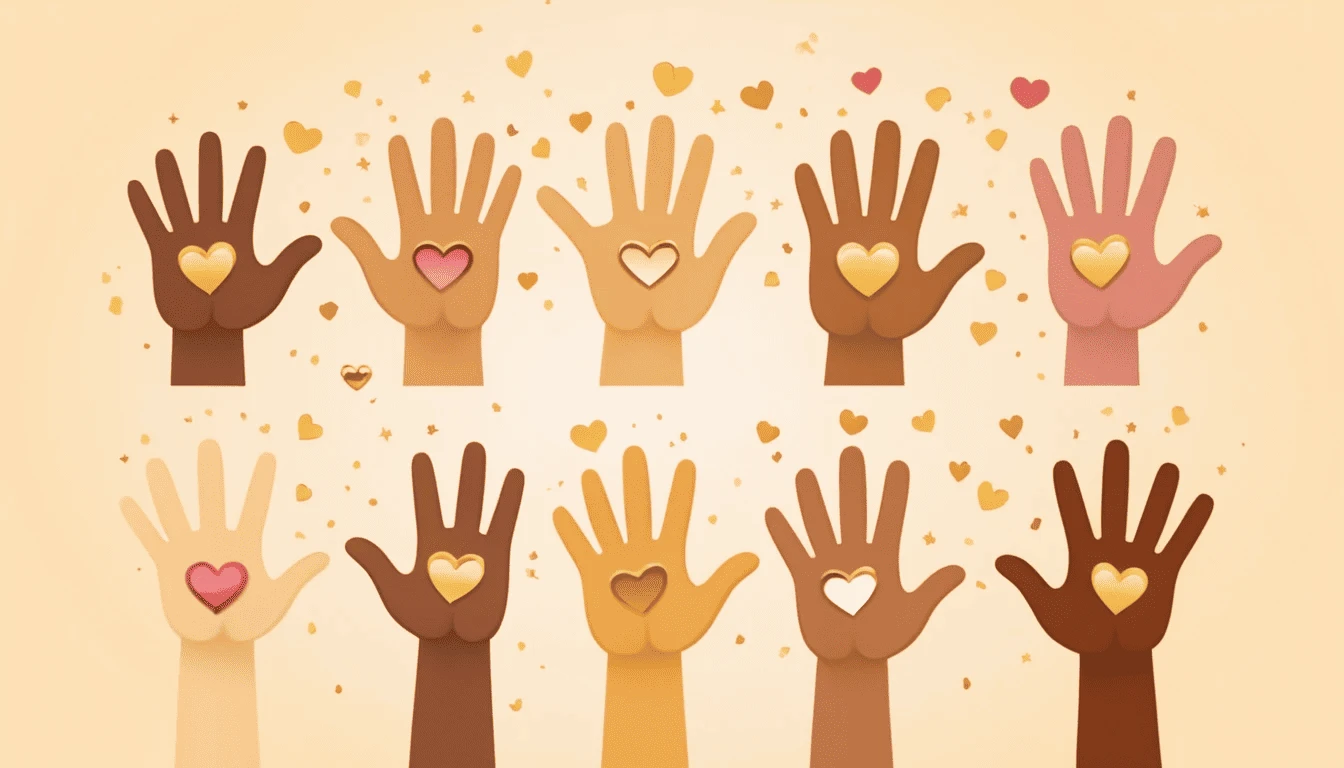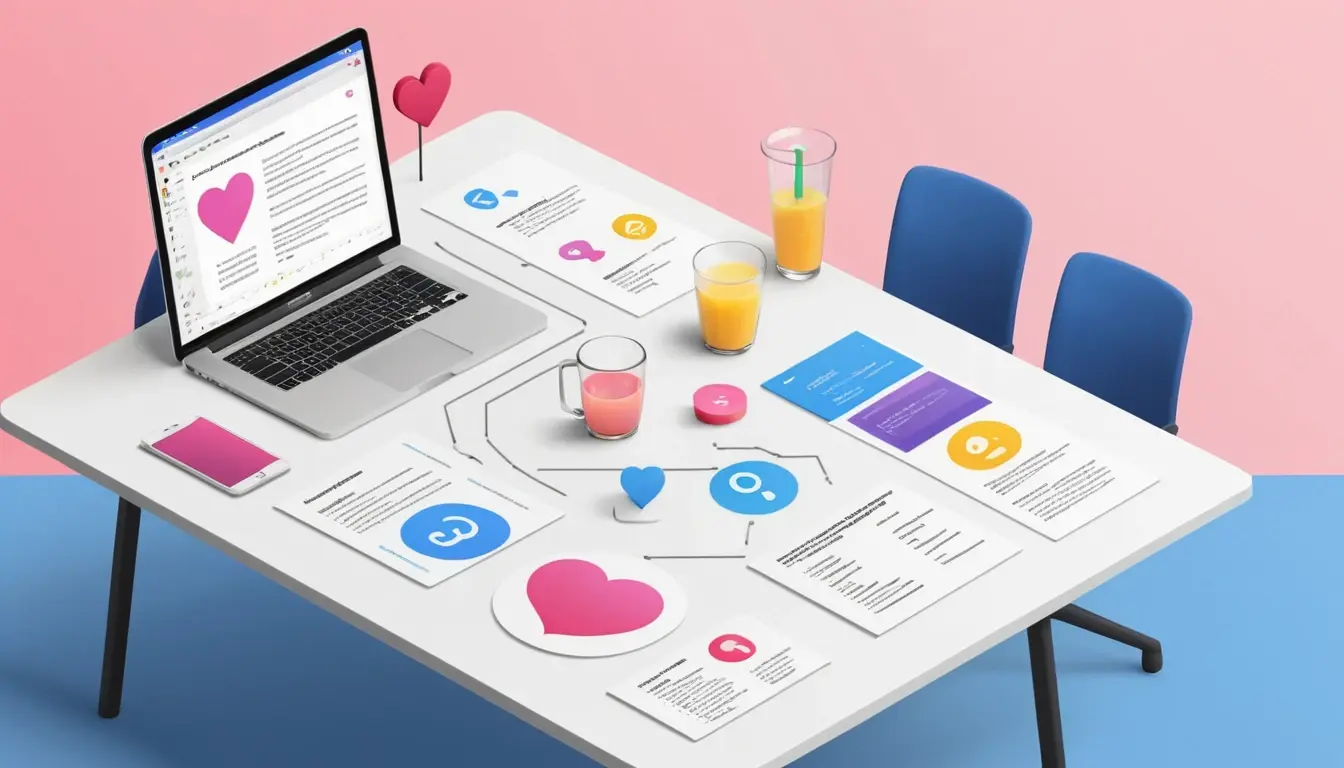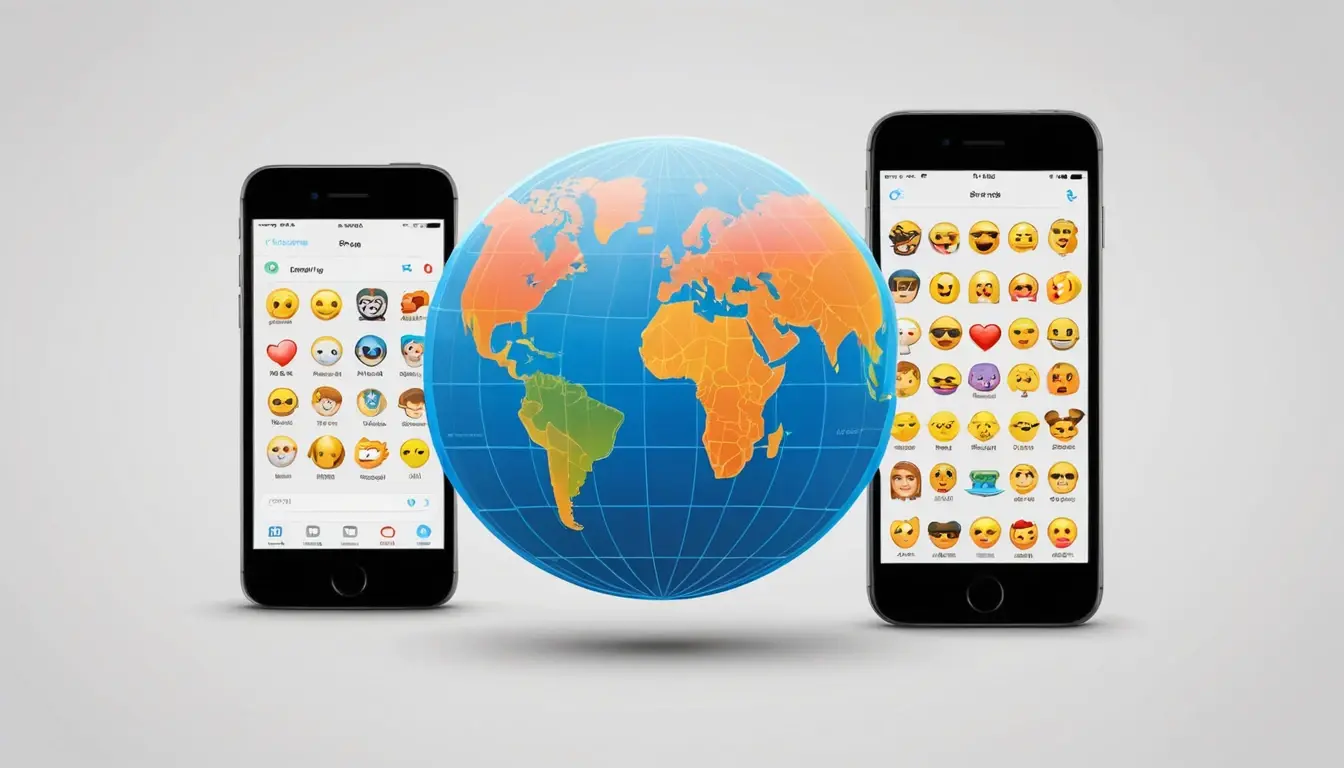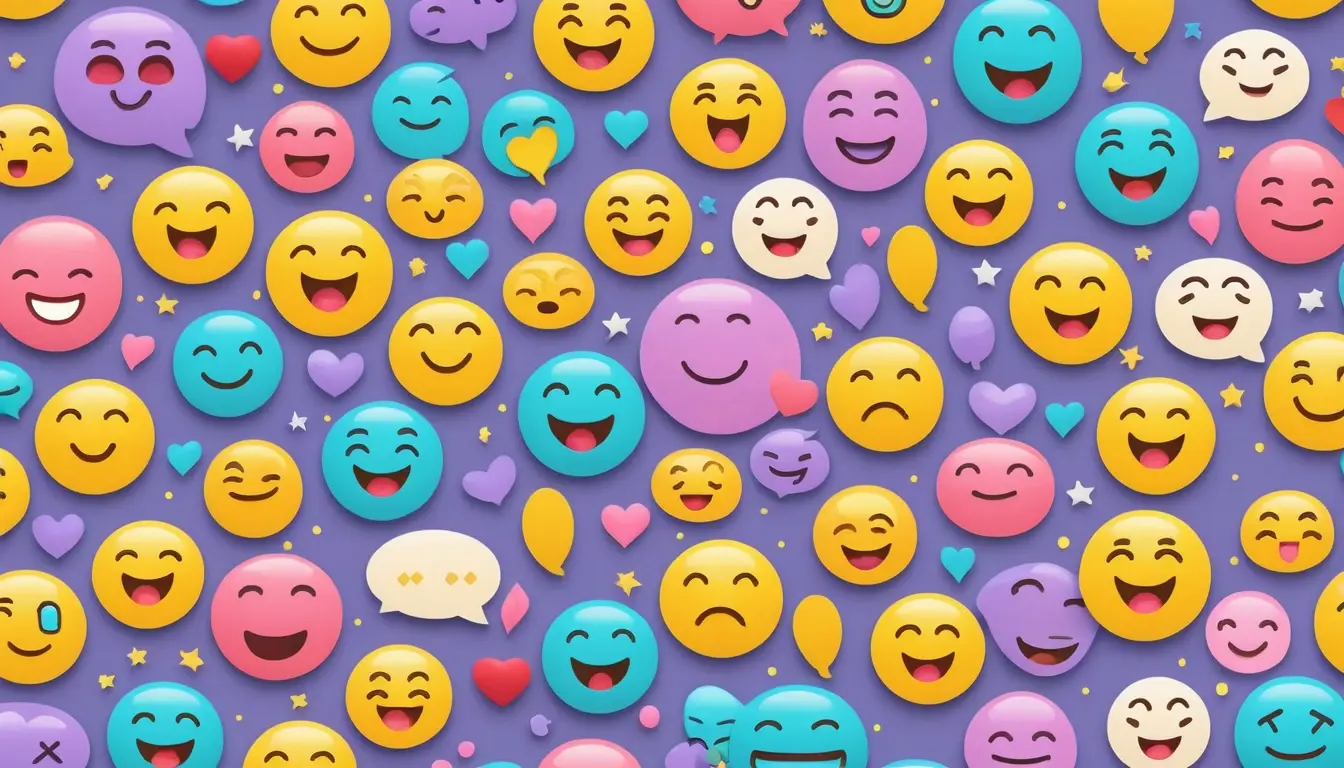Emoji Games
4 games available
Challenge yourself with fun emoji-based games! Test your knowledge, memory, and creativity with interactive experiences designed to make learning about emojis entertaining.
Available Games
Emoji Guessing Game
Test your emoji interpretation skills with challenging puzzles. Guess words and phrases from emoji combinations with hints and scoring system.
Emoji Memory Match
Classic memory matching game with emoji cards. Find all the pairs to complete the grid and improve your memory skills.
Emoji Memory Challenge
Advanced memory challenge where you study emoji patterns and answer questions about their locations. Test your spatial memory!
Guess the Flag
Identify country flags from around the world. Test your geography knowledge with flag emojis and multiple choice answers.
Why Play Emoji Games?
Cognitive Benefits
Emoji games enhance memory, pattern recognition, and visual processing skills. Games like Emoji Memory Match improve short-term memory, while Emoji Memory Challenge tests spatial awareness and recall abilities.
Learning & Education
These games help you learn emoji meanings, cultural contexts, and improve digital communication skills. The Emoji Guessing Game teaches interpretation, while Guess the Flag enhances geographical knowledge.
Game Categories & Benefits
Memory Games
Challenge your memory with pattern matching and recall exercises. Perfect for improving concentration and cognitive speed.
Knowledge Games
Test your emoji knowledge and learn new meanings. Great for expanding your digital communication vocabulary.
Geography Games
Learn world geography through flag emojis. Enhance your global awareness and cultural knowledge.
Frequently Asked Questions
What are the best emoji games to play online for free?
The best free online emoji games include emoji guessing games where you decode phrases from emoji sequences, emoji memory matching games that test your recall abilities, and flag guessing games that challenge your geography knowledge. Our platform offers "Emoji Guessing Game," "Emoji Memory Match," "Emoji Memory Challenge," and "Guess the Flag" games that help improve visual processing and digital communication skills.
How do emoji guessing games help improve communication skills?
Emoji guessing games enhance communication skills by teaching you to interpret visual symbols, understand cultural context, and recognize common emoji combinations used in digital messaging. These games improve your ability to decode non-verbal digital communication, learn emoji meanings across different platforms, and develop better intuition for how emojis convey emotions and concepts in texting, social media, and professional communication.
Are emoji memory games good for brain training and cognitive improvement?
Yes, emoji memory games provide excellent brain training benefits. They improve short-term memory, enhance pattern recognition, boost visual processing speed, and strengthen concentration skills. Our Emoji Memory Match and Emoji Memory Challenge games use colorful emoji symbols to help maintain cognitive function, improve recall abilities, and enhance mental agility. Regular play can benefit people of all ages, from children developing memory skills to adults maintaining cognitive health.
What's the difference between emoji games and regular word games?
Emoji games use visual symbols instead of text, making them more accessible across language barriers and appealing to visual learners. Unlike traditional word games that rely on vocabulary and spelling, emoji games focus on symbol recognition, cultural interpretation, and visual pattern matching. They're often faster-paced, require less reading comprehension, and can be enjoyed by people regardless of their native language or reading level.
How do you play guess the phrase emoji games effectively?
To excel at "guess the phrase" emoji games, start by identifying the most obvious emojis first, then look for common phrases or idioms that match the emoji sequence. Consider multiple meanings for each emoji (like 🔥 for "fire," "hot," or "lit"), think about popular culture references, movies, songs, and books, and pay attention to emoji order and groupings. Our Emoji Guessing Game provides hints and scoring to help you practice with common categories and improve your decoding skills.
Can emoji games help children learn digital literacy and communication?
Absolutely! Emoji games are excellent educational tools for teaching children digital literacy. They help kids understand how visual communication works in digital spaces, learn appropriate emoji usage for different contexts, develop interpretation skills for online communication, and understand cultural meanings behind different symbols. Our games also improve visual processing, memory skills, and introduce children to global communication through universal symbols.
What are the most challenging types of emoji puzzle games?
The most challenging emoji puzzle games include complex phrase decoding with abstract concepts, advanced memory challenges that test spatial awareness, timed challenges that combine speed with accuracy, and cultural reference games requiring knowledge of movies, books, music, and idioms. Our Emoji Memory Challenge offers advanced pattern recognition and spatial memory testing, while the Emoji Guessing Game includes multiple difficulty levels and hint systems for progressive challenge.
How do flag emoji games teach geography and cultural awareness?
Flag emoji games combine visual learning with geographical education by teaching players to recognize national flags, associate countries with their symbols, learn about regional geography and political boundaries, and understand cultural significance of flag designs and colors. Our Guess the Flag game includes multiple choice questions with timer challenges and score tracking, helping players develop global awareness while improving memory and visual recognition skills through gamified learning.
Are there multiplayer emoji games for teams and groups?
While our current games are designed for single-player experiences, they work excellently for group play and team building. Players can take turns on our Emoji Guessing Game, compete for high scores in Emoji Memory Match, or challenge each other with our Guess the Flag game. These formats are perfect for classrooms, office team building, family game nights, and social media challenges that encourage engagement and shared problem-solving.
What makes emoji games effective for language learning and ESL students?
Emoji games are highly effective for language learners because they bypass traditional language barriers using universal visual symbols. They help ESL students learn common expressions and idioms through visual context, understand cultural references in English-speaking countries, practice interpretation skills without complex grammar rules, and build confidence in digital communication. The visual nature of emojis makes abstract concepts more concrete and memorable for language learners.
How do emoji trivia games compare to traditional quiz games for education?
Emoji trivia games offer unique educational advantages over traditional quizzes by engaging visual learners more effectively, making learning more memorable through colorful, fun symbols, reducing text-heavy content that can overwhelm some learners, and incorporating modern digital communication into educational content. They're particularly effective for teaching cultural literacy, digital communication skills, and contemporary language usage while maintaining the knowledge-testing benefits of traditional quiz formats.
What cognitive benefits do seniors get from playing emoji memory games?
Emoji memory games provide significant cognitive benefits for seniors, including improved short-term memory through regular mental exercise, enhanced visual processing and pattern recognition skills, increased focus and concentration abilities, and maintained mental agility through engaging, low-pressure gameplay. The colorful, familiar nature of emojis makes these games less intimidating than traditional memory exercises while providing the same cognitive stimulation benefits. Regular play can help maintain mental sharpness and provide enjoyable social interaction when played with family or friends.



